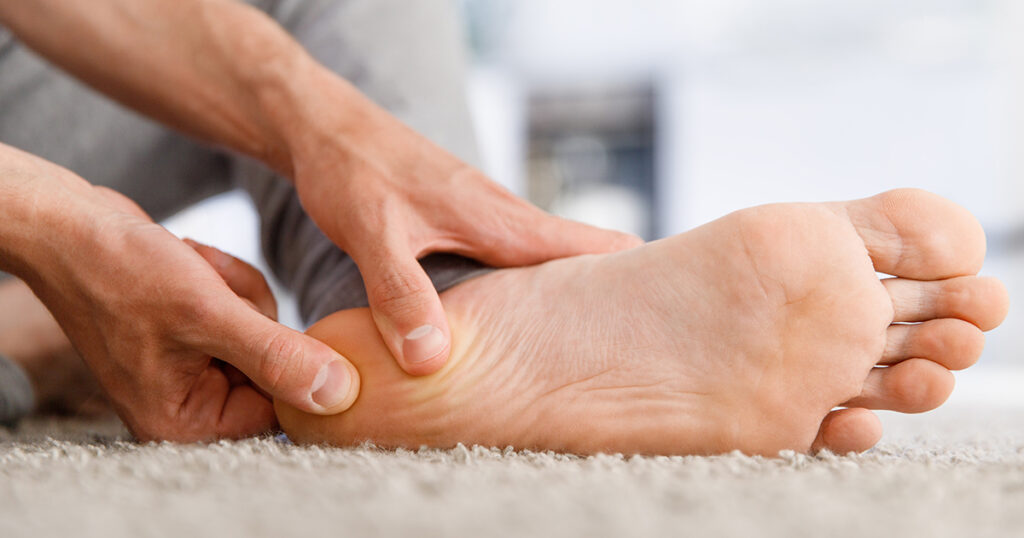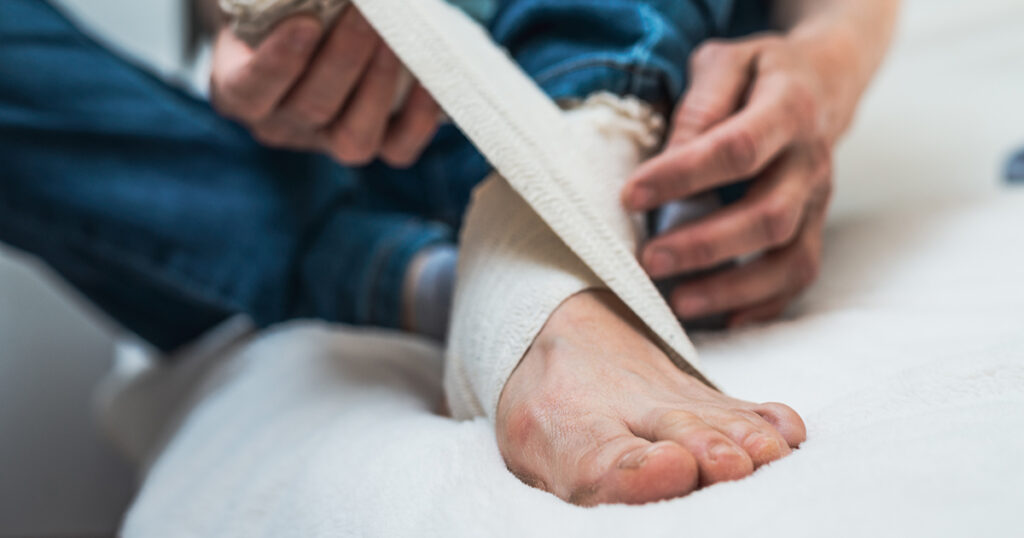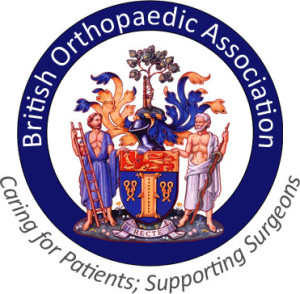What is Achilles tendonitis?
Achilles tendonitis is a condition that affects your Achilles tendon, causing it to become inflamed and painful. It can affect anyone, although it is more common in adults, particularly athletes.
It often occurs from overuse of the tendon, but can be caused by poor technique or using the wrong equipment during exercise. Certain antibiotics can also make your tendons more susceptible to the condition.
What are the symptoms of Achilles tendonitis?
Achilles tendonitis usually begins as a mild pain in your heel, which gets worse following exercise. Over time you may begin to experience pain and tenderness more frequently. Exercise will provide some light relief, but in the long term it usually exacerbates symptoms.
Other symptoms include tenderness and pain when pressure is applied to the sides of your Achilles tendon. If the condition is left untreated, your Achilles tendon may begin to thicken and develop nodules.
If any of these symptoms sound familiar, you should stop exercising and make an appointment to see your GP. They will be able to assess your condition and advise you on the best course of treatment.
What are the treatments for Achilles tendonitis?
If you are suffering from Achilles tendonitis, it’s important to rest, ice and elevate your foot. Physiotherapy can also help you to avoid repeat attacks of Achilles tendonitis, by making sure that you’re using your joints in the right way and not putting your tendons under unnecessary pressure. Surgery is usually only considered if these treatments fail to improve your symptoms.
Sometimes, in severe cases, your Achilles tendon can completely rupture. This can happen as a result of excessive force or injury, or if your Achilles tendonitis is left untreated. In these instance, surgery would usually be required to repair your damaged tendon and prevent a future rupture.






